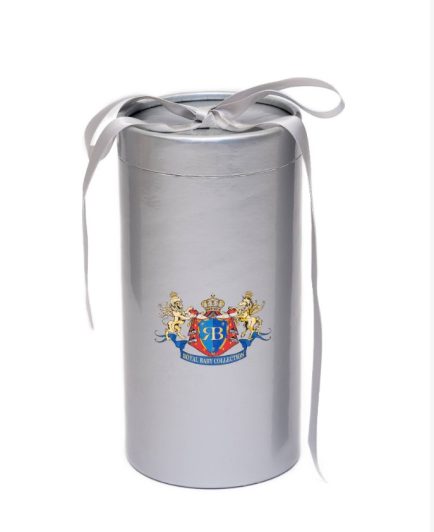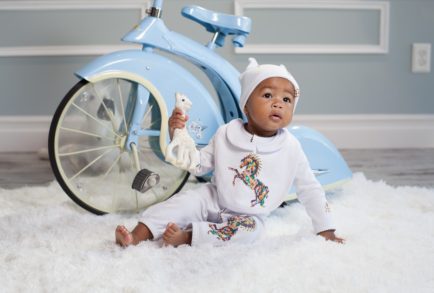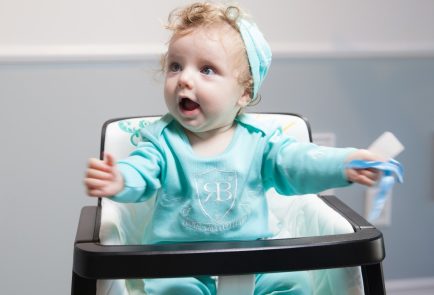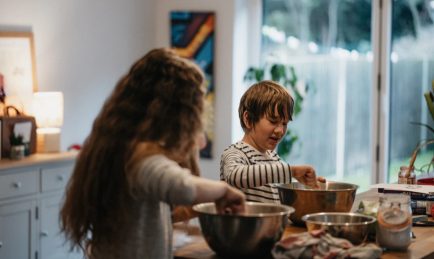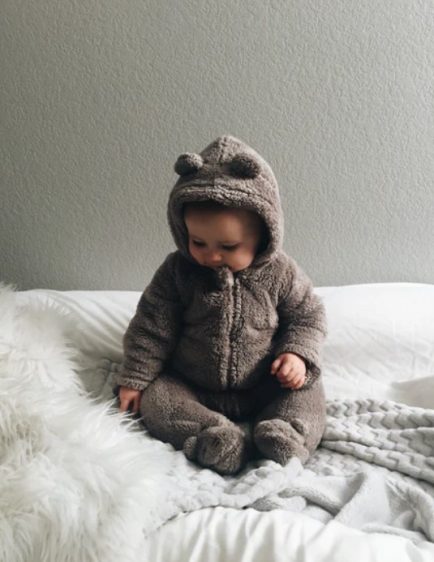Kids can better cope with a disaster when they feel they understand what is happening and what they can do to help protect themselves, family, and friends. Give them basic information to help them understand, without providing unnecessary details that may only alarm them.
- Very young children: Provide concrete explanations of what happened and how it will affect them ( a tree branch fell on electrical wires and that is why the lights do not work, for example). Let children know there are many people who are working to help them and their community to recover after a disaster (such as repair crews for the electric company, or firefighters, police, paramedics, or other emergency personnel). Share with them all of the steps that are being taken to keep them safe; children will often worry that a disaster will happen again.
- Older children: They will likely want, and benefit from,more information about the disaster and recovery efforts. No matter what age, start by asking children what they already know and what questions they have and use that as a guide for the conversation. Limit media coverage of the disaster—if children are going to watch media coverage, discourage watching it live. Instead, try to preview the coverage and then watch along with them to answer questions and help them process the information.
Be sure to ask children what questions or concerns they have. Often they have fears based on limited information or because they misunderstood what they were told. Reassure children when able to do so, but if their fears are realistic, do not give false reassurance. Instead, help them learn how to cope with these feelings.
How to help children cope
After a disaster or crisis, help them learn how to cope effectively. Although it is not useful for adults to appear overwhelmed by the event, it is helpful for them to share some of their feelings and what they are doing to deal with those feelings. Children cannot be expected to cope with troubling feelings if no one models effective coping. Allow children to “own” their feelings.
- Let your child know that it is all right to be upset about something bad that happened. Use the conversation to take the opportunity to talk about other troubling feelings your child may have. A child who feels afraid is afraid, even if adults think the reason for the fear is unnecessary.
- Don’t feel obligated to give a reason for what happened. Although adults often feel the need to provide a reason for why someone committed such a crime, many times they do not know. It is okay to tell your child that you do not know why at this time such a crime, for example, was committed.
- Allow children to express their regrets over “secondary losses” (without accusing them of being selfish) and help them figure out ways to minimize the impact or find alternatives. Children are not only trying to deal with the disaster, but with everything else that follows. They may have to relocate, at least temporarily, and could be separated from friends or unable to attend the same school. Parents may have less income and the change in finances may impact their ability to participate in activities they enjoyed or travel to visit family out of town.
Original article: Talking With Children About Disasters – HealthyChildren.org


























